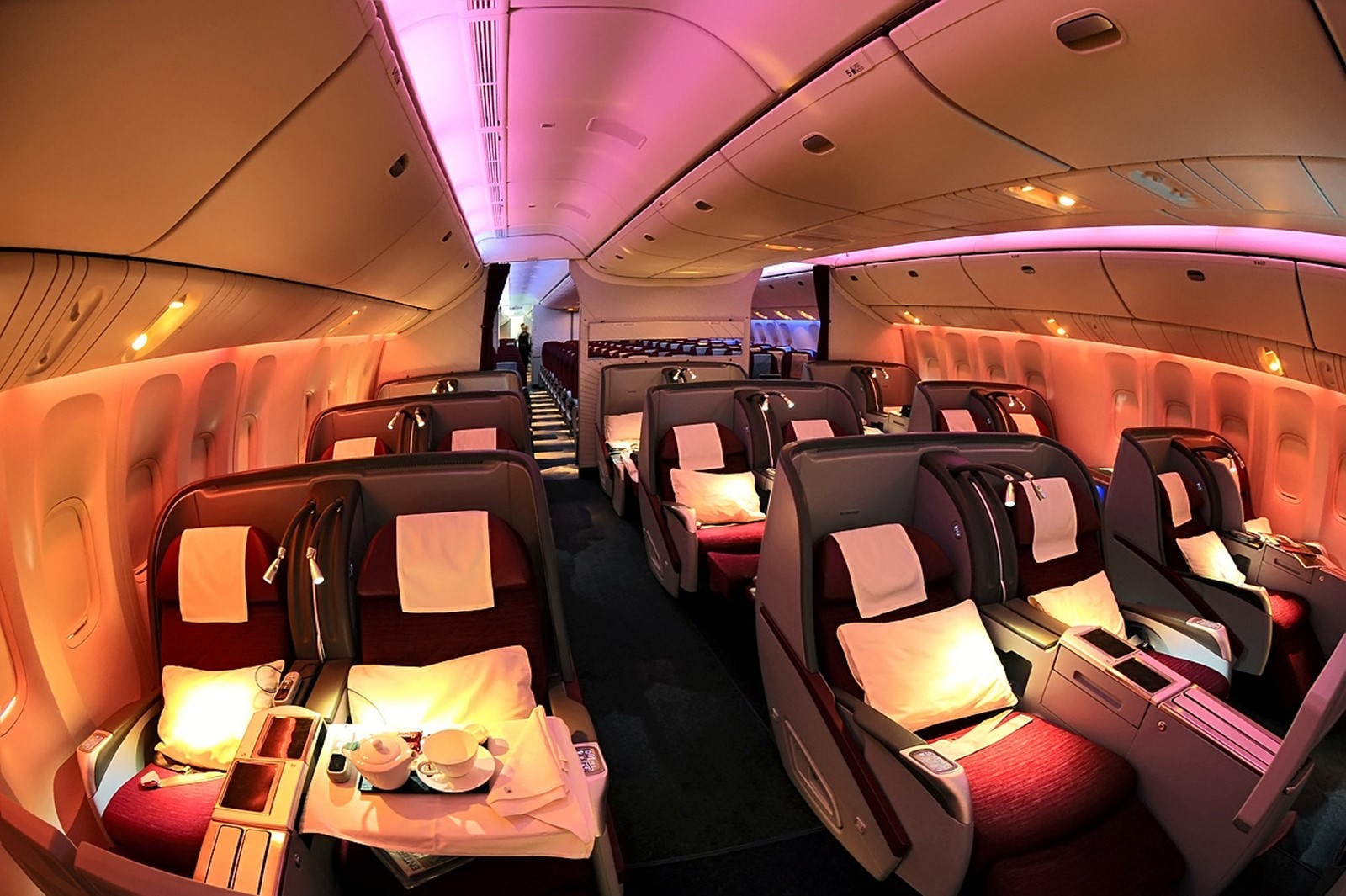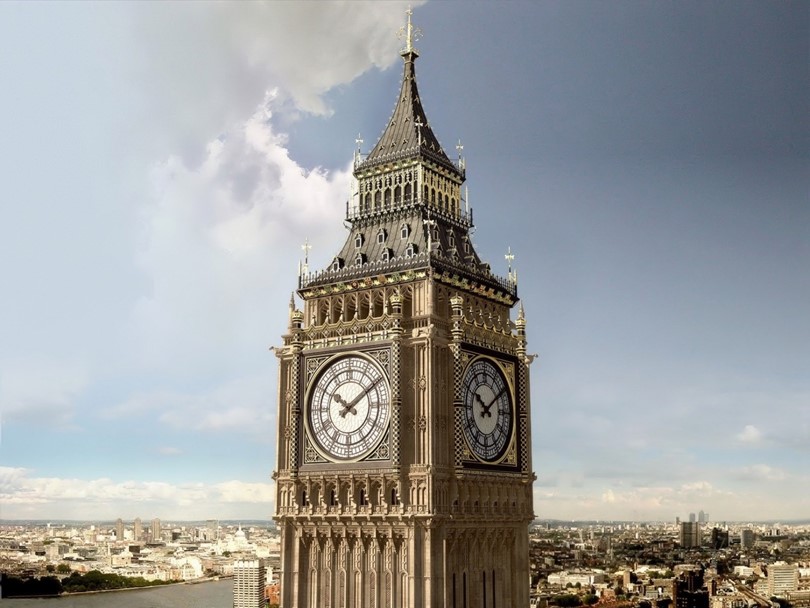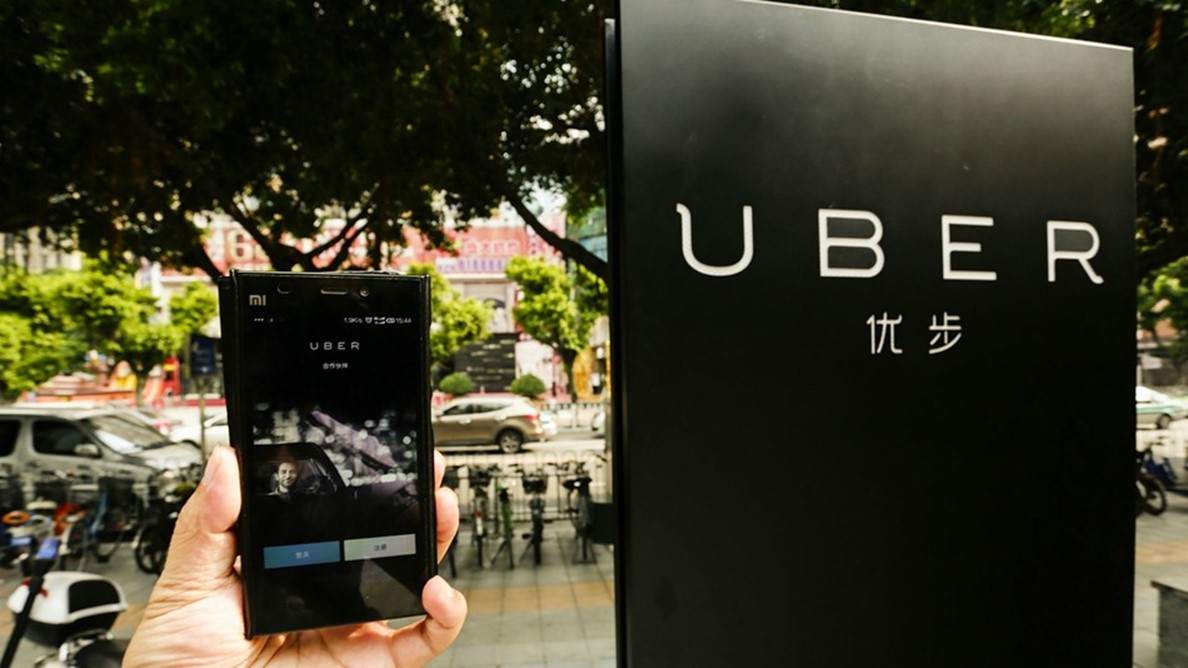The Economics Of Business Class
12:00 pm in Daily Bulletin

We may never get to travel in it but at least we can read about it. Jad Mouawad looked at the battle for business class:
- While business and first class seats only make up about 10% of a plane, they account for up to half the revenue of airlines.
- Thus the airlines are locked in fierce competition over attracting business class customers. For an airline making and installing a business class seat can cost up to $80,000. A first-class seat up to $500,000.
- A seat has to be a working desk, an entertainment hub, a dinner table, and a bed. And it must be comfortable in each of these positions.
- Since airlines, by definition, cross countries and cultures, they must also fit the body shape and type of people from around the world.
- Business class rose in popularity during the 90s when planes could increasingly fly nonstop to any place on earth and people needed to actually be able to sleep on the flights.
- Middle Eastern and Asian carriers really upped the luxury levels for business class passengers with large bars and full-flat beds.
- It’s a popular class because often the travelers don’t pay for it themselves. Instead they have corporate expense accounts that they can bill the flight too.
- The business class experience and seat is one of the few things that airlines can control and use to differentiate themselves in the airline market.
- Making seats as big as possible while fitting as many of them as possible into a cabin is the goal for every airline. Some innovations include having half the passengers sitting backwards and facing each other, or fitting the legs of the passenger under the armrest of the passenger in front of them.
- What’s in store for the future of business class? Maybe seats with cup holders.
The full article talks about why features such as “massage chairs” are increasingly being dropped from airplanes, how business class affects economy class and much more. It’s well worth a read. Find it here.
Source: The New York Times
Via: The Economist









Join the Discussion! (No Signup Required)